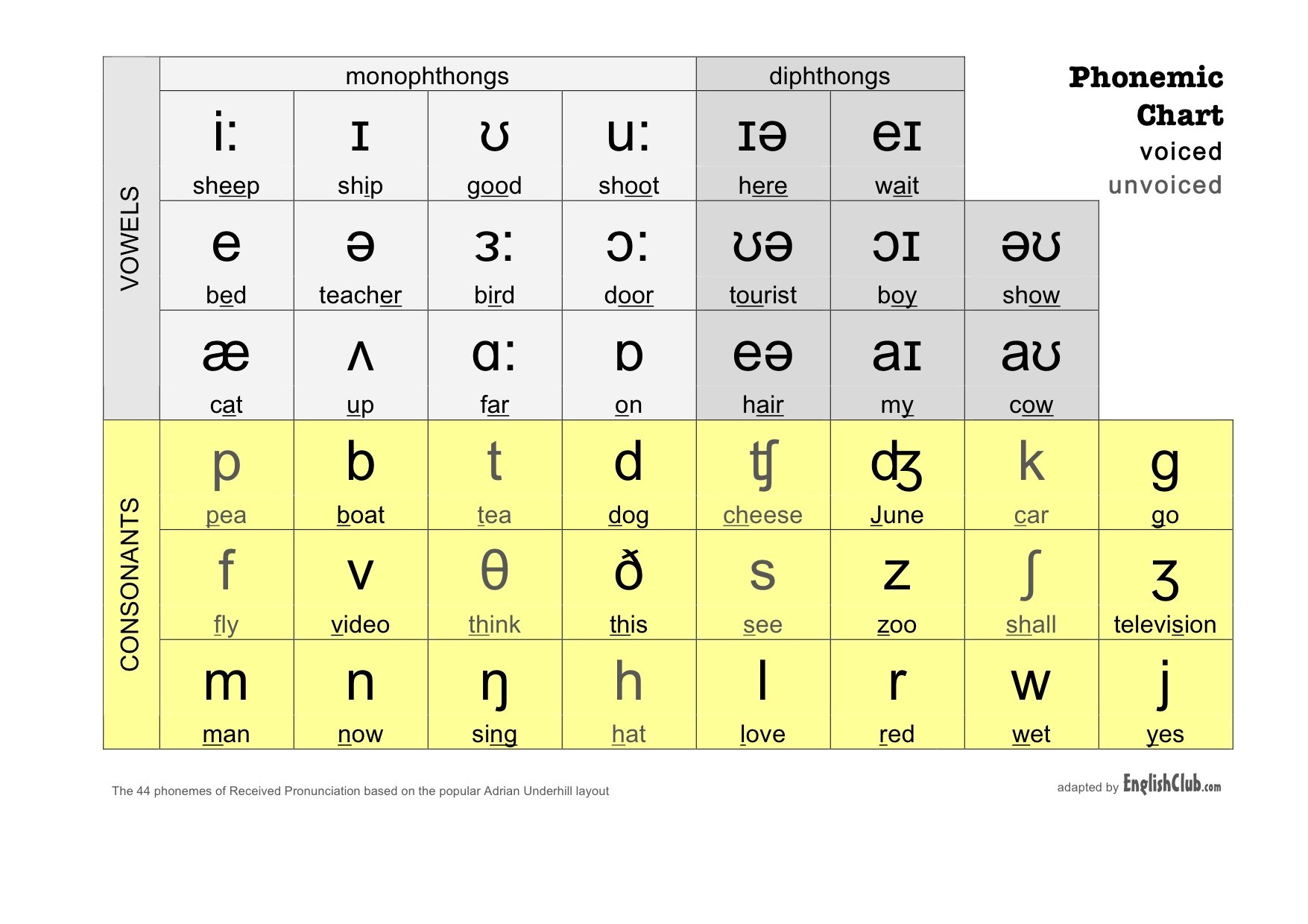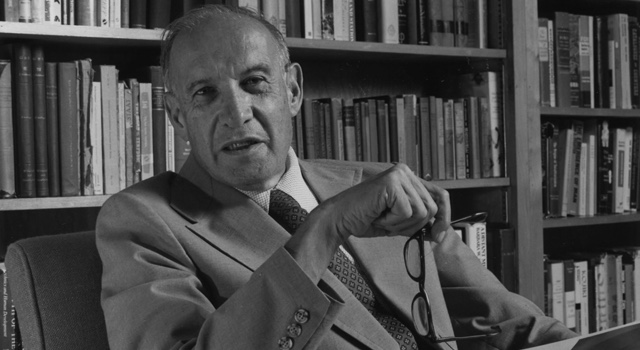- What industry do you work in and what is your role?
- What are your responses in your role / position?
- Can you describe to the function of your workplace / company?
- How many departments, how many offices. National or International?
- What are the minimum requirements for employment ie Education or Experience?
- How many opportunities are there to ‘move up the ladder’?
- What is the process for changing job roles ie Interview? Test?
- Current projects? Deadlines? Opportunities?
- Anything of interest happening?
“I’ve got a dream that’s worth more than my sleep.” –Eric Thomas
1.
It’s true that in order to live our purpose in this world, we’ve got to have a vision and a plan for achieving our dreams. We must be tenacious in working toward our goals, and we might occasionally have to sacrifice a little sleep for that dream.
2.
However, our “hustle at any cost” culture has convinced us that this means choosing between success and quality of life (e.g. health, happiness and fulfillment). This either/or mindset is not just inaccurate — it actually threatens our bottom lines and secretly sabotages success.
3.
The stress, exhaustion and decision fatigue caused by “hustling” can all lead to mood swings. Our logical processes literally shut down, opening up the floodgates to irritability, frustration, anger and sadness.

What impact has your habits had on your professional and personal goals?
4.
Can you see how this creates the exact opposite of the success we’re striving for? Although the stigma remains that break-takers are lazy or unmotivated, this belief is unfounded. Breakthroughs in neuroscience research unveil proof that goes against everything we thought we knew about achievement.
5.
Periods of intentional rest are now known to boost our
- Productive energy
- Creativity
- Innovative thinking
- Executive function
- Positive mindset
- Intuition
- Memory
6.
One specific method that’s especially effective? Napping. Often we’re tempted to rely on coffee in lieu of taking a short break when we feel sluggish during the workday. However, napping has been shown to enhance alertness and attention even better than caffeine. Brief periods of rest also counteract the sluggish effects of not getting enough quality sleep at night. Napping even makes us better problem solvers, which directly leads to innovation and decisive action — two notable hallmarks of success.

The article cites a, “hustle at any cost” culture as the reason many see, success and quality of life as an either or proposition. Do you think this assessment is accurate ? Why/ Why not?
1. Close your eyes
7.
More than 50 percent of the surface of the brain is devoted to processing visual information. Closing our eyes frees up the energy associated with that 50 percent, allowing our brains much needed recovery. We can tap into the unconscious processes that help us connect with our innovative ideas and solve problems more efficiently simply by decreasing visual input.
2. Daydream
8.
As a child, were you ever scolded for gazing dreamily out the window? Our parents and teachers presumed that a wandering mind was a hindrance, but neuroscience researchers find that daydreamers actually score higher on creativity scales.
9.
3. Breathe
The adult brain, a mere two percent of body weight, is responsible for around 20 percent of oxygen consumption. This means oxygen is one fuel our brains heavily rely on for planning, decision-making and higher-order thinking.






